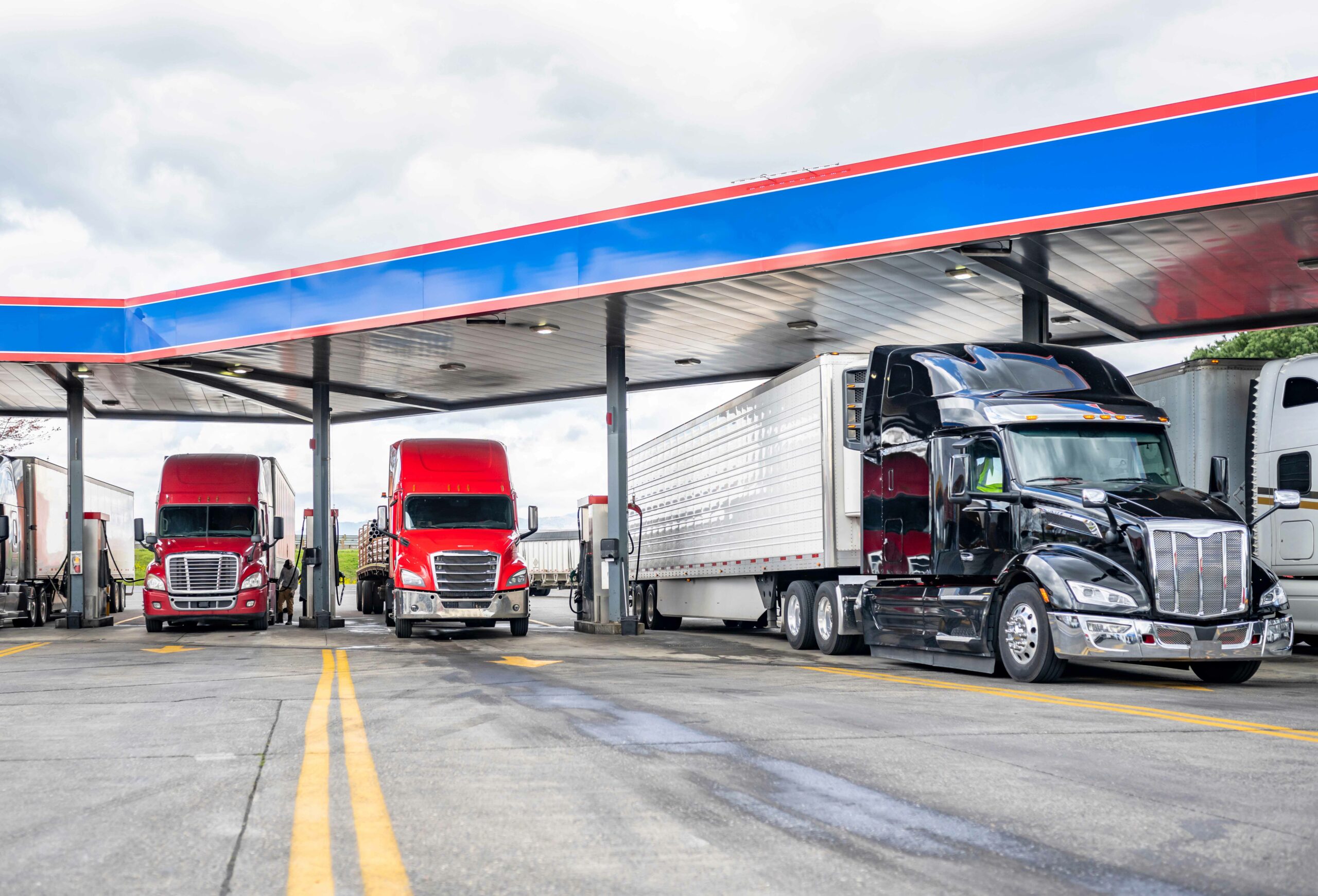
CARB Plows Ahead with Zero-Emission Regulations
California has had pressing air quality issues for decades, and the federal Clean Air Act gave the state special authority to enact vehicle emissions standards provided it received a waiver from the U.S. Environmental Protection Agency (EPA). In an attempt to address air quality concerns, California’s Air Resources Board (CARB) has begun mandating a transition to zero-emissions trucks. While compliance presents daunting challenges and questions of feasibility with respect to operations in California, the same Clean Air Act allows other states to adopt California’s standards. Therefore, it is unlikely the mandated transition to zero-emission trucks will be solely a California issue.
In 2021, CARB imposed a regulation (Advanced Clean Trucks or ACT) requiring an increasing percentage of new trucks sold in California to comply with zero emissions. EPA granted a waiver in the spring of this year. CARB has also adopted a companion Advanced Clean Fleets (ACF) regulation to require fleets to transition to zero-emission vehicles. The ACF was recently re-opened, with a comment period that ended August 21st, to make some minor technical changes. Thereafter, CARB is expected to adopt the revised version and submit the package for final approval to California’s Office of Administrative Law, meaning the revised regulation is expected to be final soon.
In short, the ACF requires larger fleet owners to transition toward zero-emission trucks under one of two compliance options. The first requires new trucks added to a fleet operating in California (even if minimally) to be zero-emission trucks. The second option requires zero-emission trucks to be an increasing percentage of the fleet of trucks operating in California based on a vehicle type and specified timeline. The ACF further requires hiring entities (e.g., brokers or shippers) to verify the fleet they contract with is compliant with the ACF. Finally, the ACF requires a more abrupt transition to zero-emission drayage trucks. For example, subject to limited exemptions and extensions, drayage truck operators will only be able to add zero-emission drayage trucks to their fleets that operate in California and will only be able to use existing diesel drayage trucks for a limited amount of time based on engine model year or mileage.
The ACF and a recent agreement between the truck manufacturers and CARB to comply with the ACT sales requirements regardless of the outcome of pending legal challenges pose complex challenges to trucking companies and hiring entities. While legal challenges are expected, affected companies should be considering compliance strategies that preserve flexibility now.
A quarterly newsletter of legal news for the clients and friends of Scopelitis, Garvin, Light, Hanson & Feary
News from Scopelitis is intended as a report to our clients and friends on developments affecting the transportation industry. The published material does not constitute an exhaustive legal study and should not be regarded or relied upon as individual legal advice or opinion.

CARB Plows Ahead with Zero-Emission Regulations
California has had pressing air quality issues for decades, and the federal Clean Air Act gave the state special authority to enact vehicle emissions standards provided it received a waiver from the U.S. Environmental Protection Agency (EPA). In an attempt to address air quality concerns, California’s Air Resources Board (CARB) has begun mandating a transition to zero-emissions trucks. While compliance presents daunting challenges and questions of feasibility with respect to operations in California, the same Clean Air Act allows other states to adopt California’s standards. Therefore, it is unlikely the mandated transition to zero-emission trucks will be solely a California issue.
In 2021, CARB imposed a regulation (Advanced Clean Trucks or ACT) requiring an increasing percentage of new trucks sold in California to comply with zero emissions. EPA granted a waiver in the spring of this year. CARB has also adopted a companion Advanced Clean Fleets (ACF) regulation to require fleets to transition to zero-emission vehicles. The ACF was recently re-opened, with a comment period that ended August 21st, to make some minor technical changes. Thereafter, CARB is expected to adopt the revised version and submit the package for final approval to California’s Office of Administrative Law, meaning the revised regulation is expected to be final soon.
In short, the ACF requires larger fleet owners to transition toward zero-emission trucks under one of two compliance options. The first requires new trucks added to a fleet operating in California (even if minimally) to be zero-emission trucks. The second option requires zero-emission trucks to be an increasing percentage of the fleet of trucks operating in California based on a vehicle type and specified timeline. The ACF further requires hiring entities (e.g., brokers or shippers) to verify the fleet they contract with is compliant with the ACF. Finally, the ACF requires a more abrupt transition to zero-emission drayage trucks. For example, subject to limited exemptions and extensions, drayage truck operators will only be able to add zero-emission drayage trucks to their fleets that operate in California and will only be able to use existing diesel drayage trucks for a limited amount of time based on engine model year or mileage.
The ACF and a recent agreement between the truck manufacturers and CARB to comply with the ACT sales requirements regardless of the outcome of pending legal challenges pose complex challenges to trucking companies and hiring entities. While legal challenges are expected, affected companies should be considering compliance strategies that preserve flexibility now.
News from Scopelitis is intended as a report to our clients and friends on developments affecting the transportation industry. The published material does not constitute an exhaustive legal study and should not be regarded or relied upon as individual legal advice or opinion.

